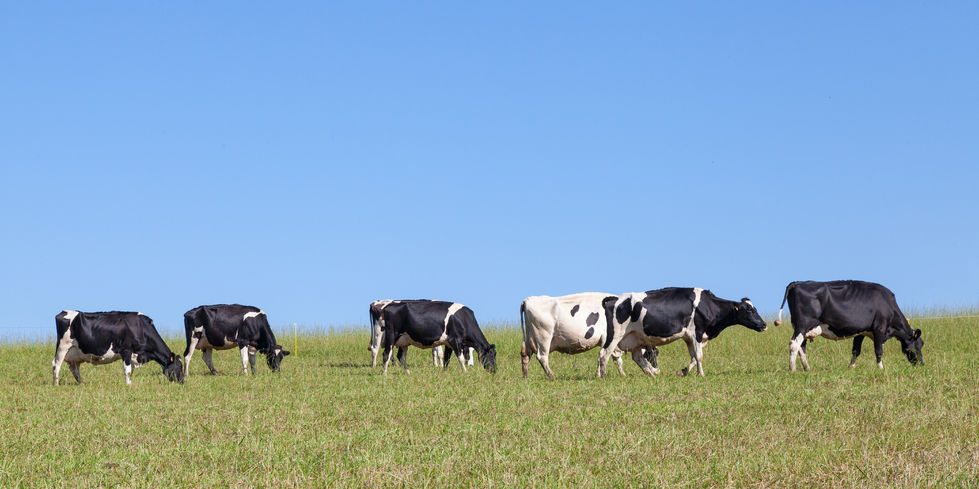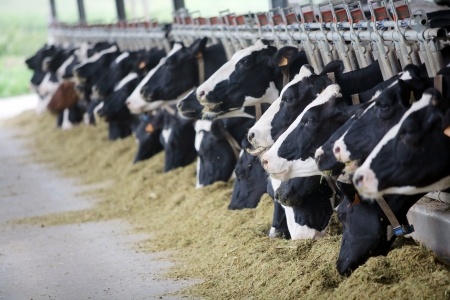
The dairy sector will face harsh realities in the short term after leaving the EU, according to a new report due to be published in October.
However, the study said the industry could gain significant opportunities from the need for supply chains to work together and from ‘internationalising’ the industry’s focus.
Interim findings from the Trehane Fellowship study, ‘Identifying a Strategy for the UK Dairy Industry Post-Brexit’, are resulted from a number of investigative meetings in the UK and US, as well as in the Netherlands and Belgium.
The Fellowship, which was awarded to Andersons Partner Mike Houghton in November last year, is due to conclude in October 2017.
Mr Houghton's first key finding is the dairy sector need to avoid ‘Brexit-Obsession’; the assumption should be there will be a trade deal of some kind, so the focus needs to shift to how the industry shapes itself over coming years.
“We also have to assume risk management will be essential,” explains Mr Houghton.
“A margin protection scheme similar to the US could potentially be low cost when averaged across a number of years, but other risk management tools are likely to become more relevant in the future.

“These are not really available yet to the UK dairy farmer, but systems are being developed and training will be required so that dairy farmers understand the principle of risk management.”
'Must increase productivity'
He also points out that the productivity gains made in pigs, poultry and horticulture in recent decades suggest that income support of one kind or another experienced by dairy has actually discouraged productivity improvements.
“We must increase productivity, but need to think about the Producer Organisation system so successful in other countries which supports investment rather than giving people an amount of money for looking after the land,” he explains.
“It is worth reviewing how the produce organisation (PO) system has worked for horticulture in particular, as this has tended to encourage investment in technology and productivity, and has to be match funded by participants.”
The National Farmers Union has previously renewed calls for dairy POs.
NFU dairy board chairman Michael Oakes said the UK must develop a 'collaborative dairy industry' that can compete effectively in the UK and on the world markets.
Supply chain communications
Other areas that stand out for Mr Houghton are the benefits of better supply chain communications, and the gains to be made from sharing pre-competitive supply and demand information in an effort to soften global price ‘volatility’.
“Brexit could well force supply chains to work more closely. If the processor can run the factory at 98% efficiency, everyone would benefit.
“But they never can because the supply of information from producers doesn’t allow them to. More trust within the supply chain and better communication could solve this.
“And while volatile prices due to imbalances of supply and demand is not a Brexit-specific issue, there would be considerable benefits to the UK industry in reducing the extremes of price fluctuations.
“Brexit gives the UK more to gain if the world’s largest dairy businesses – which are in fact farmer owned – collaborated pre-competitively to talk volumes. In effect this could create an ‘OMEC’ – an ‘OPEC’ for milk. Sometimes less could be more!”
The Trehane Fellowship was created in 2016 to fund independent studies in areas deemed of interest or concern by the Trustees. New Fellowships are expected to be awarded on a biennial or triennial basis.
